There is no actual stress or anxiety in the world, your thoughts create these false beliefs.
This quote implies that stress and anxiety are not inherent aspects of our external world, but rather are products of our internal thought processes. In other words, it’s not the events or circumstances themselves that cause us stress or anxiety, but rather our interpretations and reactions to them. This perspective is rooted in cognitive psychology, which emphasizes the role of mental processes such as perception, memory, and thought in understanding behavior.
For instance, imagine two people stuck in a traffic jam. One might feel stressed and anxious, perceiving the situation as a disaster, worrying about being late, and ruminating on the potential negative consequences. The other, however, might remain calm, viewing the situation as an opportunity to listen to a podcast, practice mindfulness, or simply enjoy some quiet time. The situation is the same for both, but their thoughts about it create entirely different experiences.
In terms of personal development, this quote suggests that by changing our thoughts, we can change our emotional responses and overall experience of life. This is the basis of cognitive-behavioral therapy (CBT), a widely-used psychological treatment that helps people identify and change unhelpful thought patterns that lead to negative emotions and behaviors.
Applying this idea in today’s world could involve becoming more aware of our thoughts and how they influence our feelings and behaviors. For example, if you find yourself feeling stressed or anxious, you could try to identify the thoughts that are contributing to these feelings. Are you catastrophizing, or imagining the worst possible outcome? Are you engaging in black-and-white thinking, or seeing things as either all good or all bad? By identifying these thoughts, you can start to challenge them and replace them with more balanced and realistic ones.
In a broader societal context, this quote could also be seen as a call for greater emphasis on mental health and emotional wellbeing. It suggests that many of the problems we face as a society – from stress and anxiety to conflict and violence – could be mitigated by helping people develop healthier thought patterns and emotional responses.

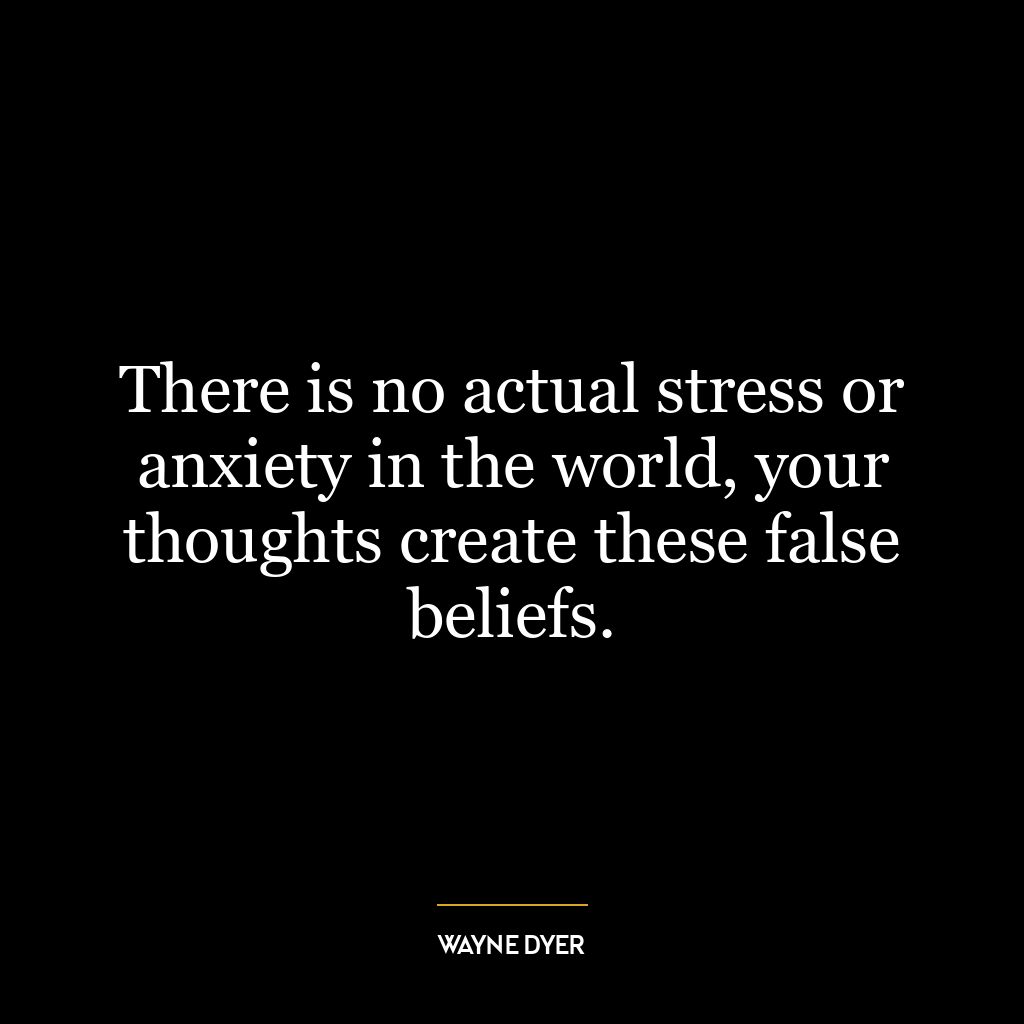


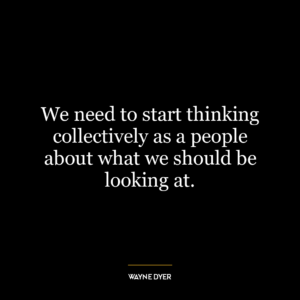



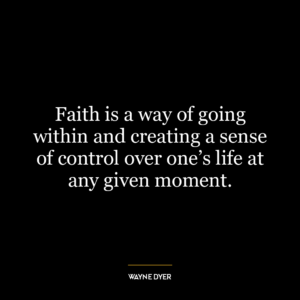

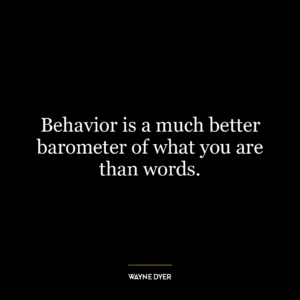
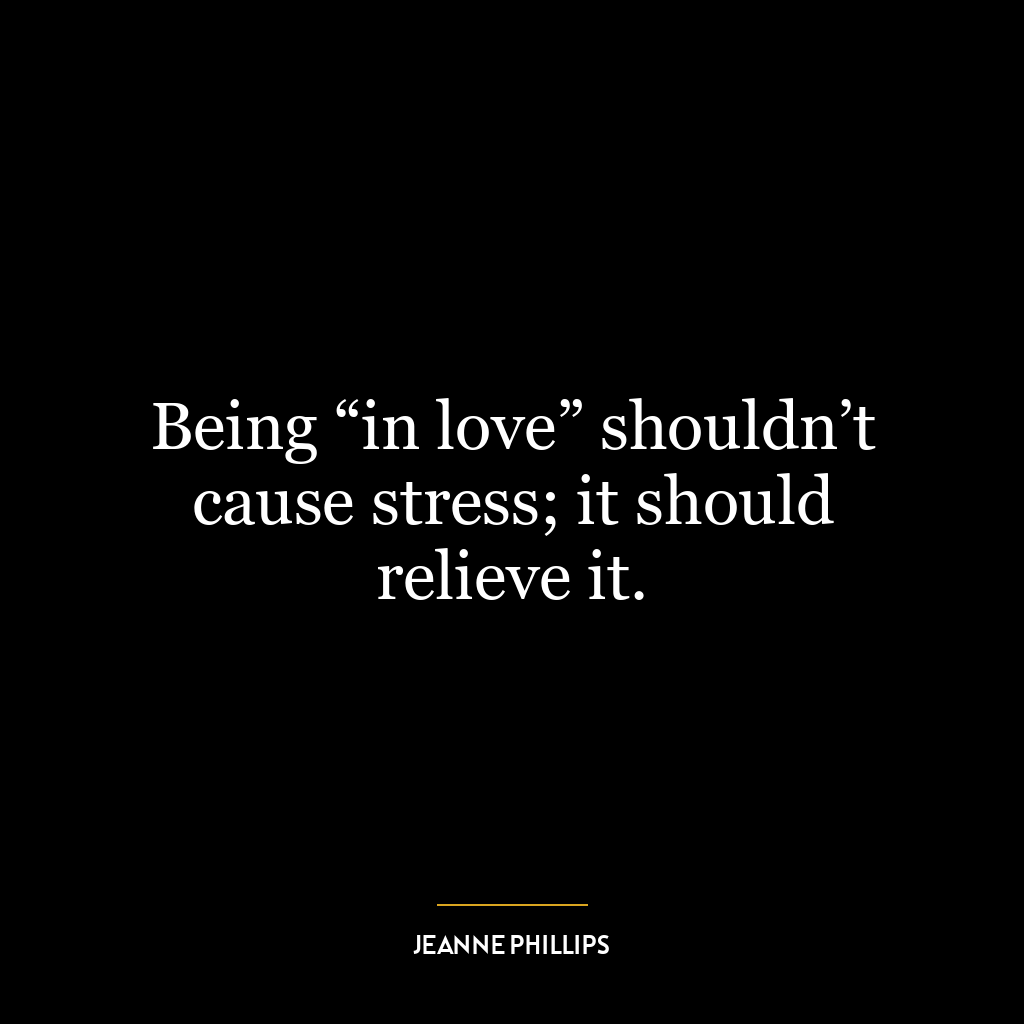
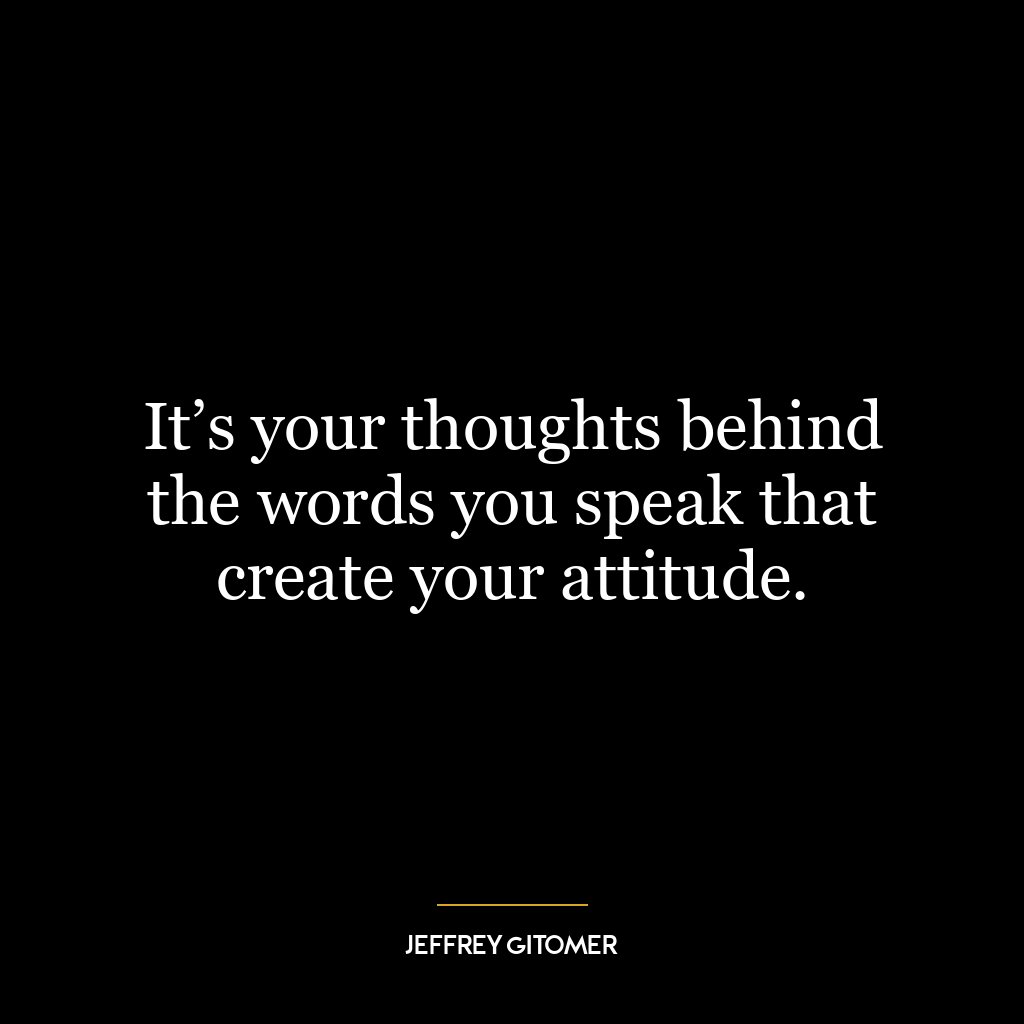
![[Yoga] never calms me. Ever. But it certainly helps me prevent something.](https://quotes.guide/wp-content/uploads/jen-kirkman/jen-kirkman-790114.png)

